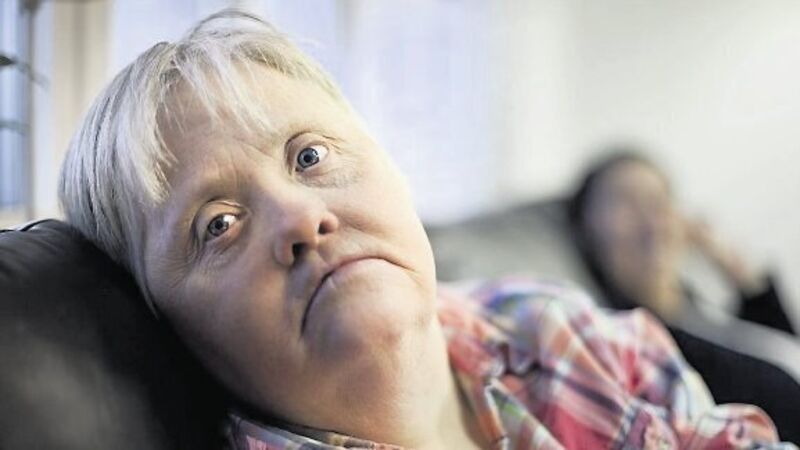Down Syndrome Ireland concerned about equal access to care for its members

Down Syndrome Ireland has sought clarity from the Department of Health over new guidance to medics over fears that it is “too vague” and could lead to some people not getting access to critical care amid the Covid-19 crisis.
The Department of Health guidance on the ‘Ethical Considerations Relating to Critical Care in the context of Covid-19’ includes the prioritisation of medication and critical care, in which it states: “In cases where all patients cannot be treated, notwithstanding surge capacity, it is essential that the process of differentiating between those individuals who should and should not receive a particular intervention is conducted in a consistent manner, taking account of the local context.”













